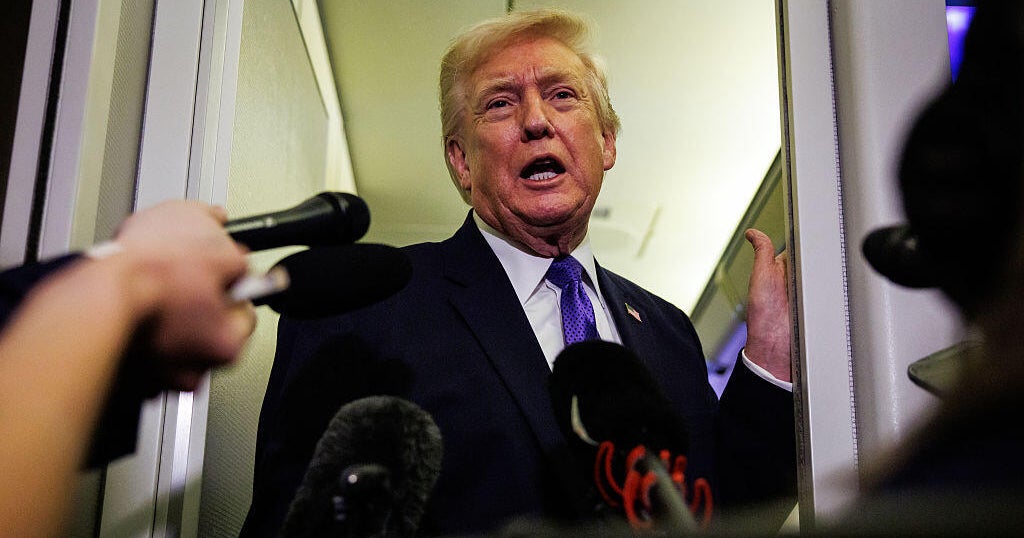MichBio Hears Obama Administration Plans For Biotech
Michigan's biotechnology industry got a bit of a sneak peek at the Obama administration's bioeconomy program, to be released last week, at the annual meeting Thursday of MichBio, the state's biotech industry trade group.
Michael Stebbins, assistant director for biotechnology in the White House Office of Science and Technology Policy, said he couldn't give 'too much detail' on the plan.
But he said the administration is working to do whatever it can to get the government out of the way of the biotech sector.
"We can make government work better," Stebbins said. "There's nothing sexy about saying that, but the fact of the matter is, that's going to help companies."
The plan will include improvements in strategic reasearch and development investments and better public-private partnerships.
He also said improvements need to be made in how academia trains the life science work force. "Most of them are going to go to work for you," Stebbins said of those in life science private industry, "but we're training people in biotech to be academics. There's nothing wrong with that except that those aren't the jobs they'll actually wind up having."
Stebgins also said the administration is working on improvements in federal research grant program for small biotech firm and on improvements to getting biotech discoveries in national labs out into the marketplace more quickly.
Stebbins also praised Michigan for a "fairly diverse" bioeconomy.
Stebbins previously served as a science adviser to the Obama campaign and on the Obama transition team. He is the former director of biology policy for the Federation of American Scientists and president of Scientists and Engineers for America Action Fund. He is a co-founder and served on the Board of Directors for Scientists and Engineers for America.
Stebbins is a former professor of bioethics at the University of Pennsylvania, and has worked as a Legislative Fellow for U.S. Sen. Harry Reid (D-Nev.) and as a Public Policy Fellow for the National Human Genome Research Institute.
Before coming to Washington, Stebbins was a senior editor at the scholarly journal Nature Genetics. He received his bachelor's degree in biology at the State University fo Stony Brook and a Ph.D. in genetics while working at Cold Spring Harbor Laboratory, where he developed inducible systems for controlling gene expression in transgenic animals.
In his annual report on the state of the Michigan biotech industry, MichBio executive director Stephen Rapundalo said Michigan "is a success story nationally. We have a robust bio industry here in the state. What we don't do so well is message that effectively to the rest of the world."
Rapundalo said MichBio is "currently engaged in developing an entrepreneurial support services system for emerging biosciences companies" with the Michigan Economic Development Corp.
"This gives me great confidence where the bio industry can grow in the future," Rapundalo said.
More at www.michbio.org.







